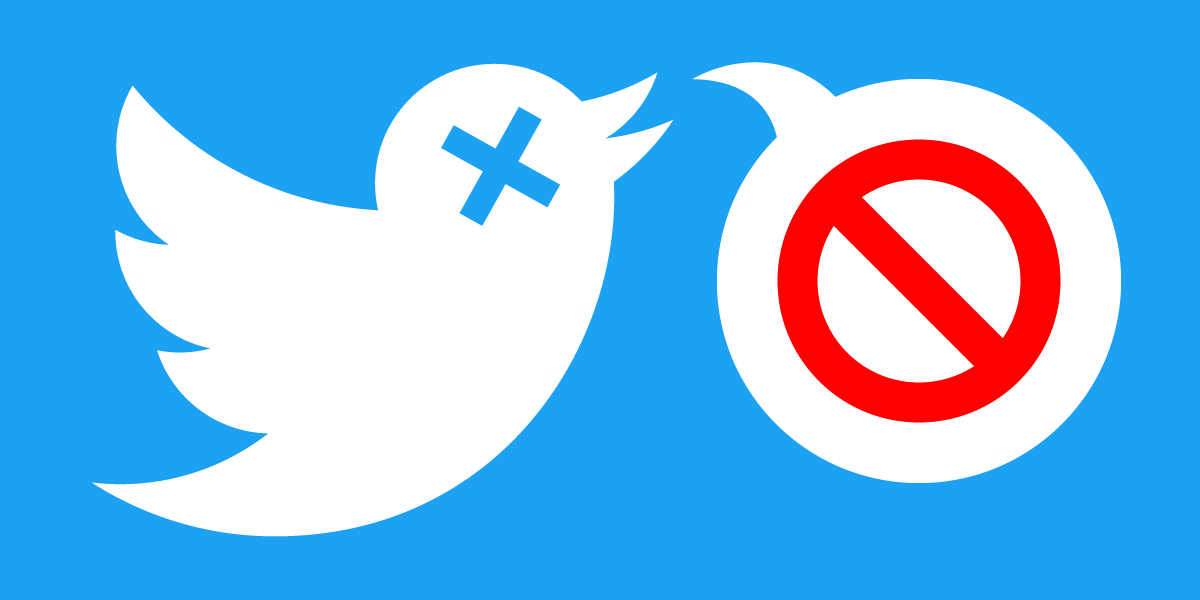Today, EFF and ACLU filed a brief in support of Twitter’s effort to get an appeals court to reconsider its dangerous opinion enforcing a government gag order on Twitter’s 2013 transparency report.
In this long-running and important case, Twitter tried to publish a report bringing much-needed transparency to the government’s use of FISA orders and national security letters, including specifying whether it had received any of these types of requests. However, without going to a court, the FBI told Twitter it could not publish the report as written. Twitter sued, and last month the federal Court of Appeals for Ninth Circuit upheld the FBI’s gag order.
The court’s opinion undermined at least a hundred years of First Amendment case law on “prior restraints,” the term for when government officials forbid private speech in advance. It is a bedrock of constitutional history that prior restraints are subject to unique—and uniquely demanding—protections designed to ensure that the government cannot act as an unreviewable censor and stifle individuals’ right to free speech.
But as we write in the brief, the court’s opinion in this case “carves out, for the first time, a whole category of prior restraints that receive no more scrutiny than subsequent punishments for speech—expanding officials’ power to gag virtually anyone who interacts with a government agency and wishes to speak publicly about that interaction.” This exception supposedly applies to “government restrictions on the disclosure of information transmitted confidentially as part of a legitimate government process,” including nondisclosure rules regarding national security requests like the ones Twitter wanted to discuss. Needless to say, this carveout goes against mountains of precedent from the Supreme Court and the Ninth Circuit itself.
...

Appeals Court Should Reconsider Letting The FBI Block Twitter’s Surveillance Transparency Report
Today, EFF and ACLU filed a brief in support of Twitter’s effort to get an appeals court to reconsider its dangerous opinion enforcing a government gag order on Twitter’s 2013 transparency report.In this long-running and important case, Twitter tried to publish a report bringing much-needed...
...
Twitter filed its suit in October, saying users deserved to know certain basic facts about NSLs that the government did or did not serve on the social media company. NSLs—issued by the federal government but not approved by a judge—almost always contain a gag order barring the companies from notifying their customers or the public that any demands have been made.
...

Twitter v. Holder
Two companies who must remain anonymous about their fight against secret government demands for information known as national security letters (NSLs) are backing Twitter’s lawsuit over its rights to publish information about NSLs it may have received. The companies—a telecom and an Internet...
NSL = national security letters
I'm guessing that the 9th Circuit will promptly file the brief in the trash can. Maybe SCOTUS will end up reviewing this case. Maybe not.
